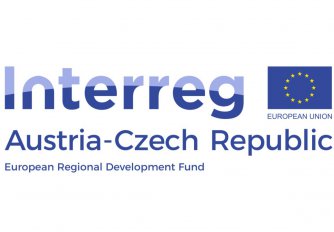The institutions started their collaboration already two years ago and in the course of time have found out that they do not compete with each other in the services they offer to other users, but can very well supplement each other’s services. “All the participating centres operate the so-called core facilities, i.e. laboratories and devices offered for use to other research institutions or private companies. Thus, we were looking for possibilities to intensify our collaboration in this area and how to utilise the potential of our devices,” explains Kateřina Vágnerová, the project manager.
In addition to CEITEC MU and VBCF, the project includes also the international centre of clinic research FNUSA-ICRC of Brno, CEITEC BUT and IST Austria. They have obtained funding for the compilation of a service catalogue, database of potential users, formulation of marketing strategy and, most importantly, the creation and development of the currently used measuring methods and technological approaches that will be presented to the scientific community and interested users from the corporate sphere by means of numerous workshops and training sessions.
Apart from joint workshops, the results of mutual collaboration will be made accessible through open access to the users who will thus be able to use the innovated services of all the participating centres. “What it should look like in practice is that when a researcher arrives to one of the institutions who needs to obtain certain data, the centre will use its instrumentation and, at the same time, contact its colleagues from the other institutes and they will jointly offer a comprehensive solution that would have normally been inaccessible for such researcher,” says Kateřina Vágnerová, the project manager. Hence, the new services will be at a significantly higher level, innovated and easily accessible.
The project entitled “RIAT-CZ”, financed from the funds of Interreg V-A AT-CZ 2014 – 2020 programme, dedicated for cross-border co-operation from the resources of the European Regional Development Fund, was launched by the partners in September this year.
“In the Czech Republic, this project represents quite a break-through, since it is not customary here to promote services of academics. However, CEITEC has the ambition to leverage this chance to the maximum in order to become better visible not only in the field of science and research, but also in the field of technological service provided to scientists and researchers,” says Jaroslav Koča, the scientific director of CEITEC.








